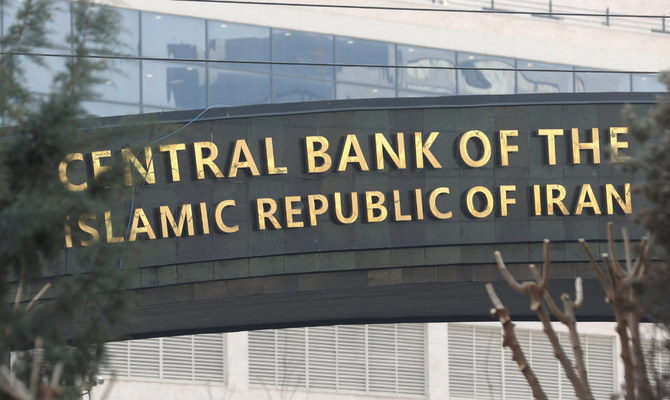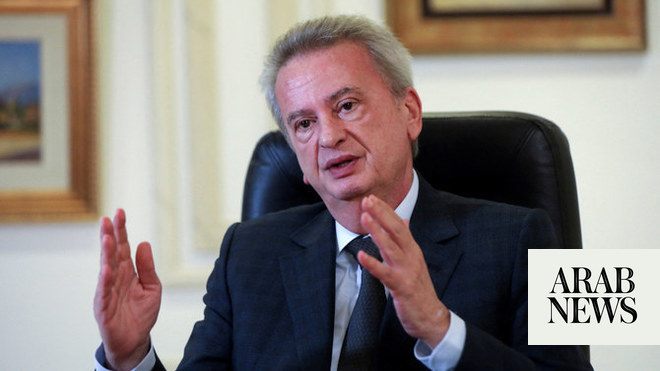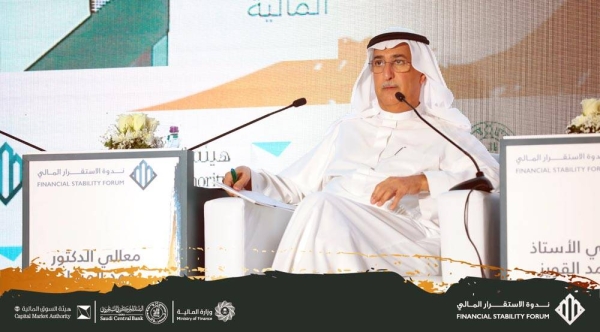
Governor of the Central Bank of Sudan Dr. Hazem Abdul Qader unveiled a new strategy to deal with the latest developments and consequences of the lifting of the US sanctions imposed on his country and to accommodate these changes.
Abdul Qader said that his talks with the Saudi side on Friday resulted in a pledge to address the problem of the inability to transfer Saudi Riyal to his country.
In an interview with Asharq Al-Awsat in Riyadh, Abdul Qader said, “following the announcement of the lifting of US sanctions on Sudan on 13 January, we have sat down to agree on a new strategy to accommodate these developments.”
“There is a strategy to prepare the internal environment to secure and review all laws and assets as a system according to a specific timetable through visiting foreign central banks and Sudanese commercial banks visiting their correspondents abroad.”
Abdul Qader added that as the Central Bank was working on this strategy when the US extended on July 17 the freeze of lifting sanctions on Sudan till October.
“We are currently working on the remaining strategic plans on lifting the sanctions that will end by October, and there is cooperation and also understanding between us and different US institutions.”
A mission from the International Monetary Fund (IMF) and the World Bank has recently visited Sudan to provide technical assistance to maximize monetary and financial policies for the post-US sanctions phase.
“September will witness a visit by an IMF mission to Sudan to assess some of the ongoing efforts and provide technical assistance in various areas. This assistance that is provided to the Central Bank and the Ministry of Finance is not related to the lifting of US sanctions as it comes in the framework of the current proposed programs,” the Sudanese Governor stressed.
Regarding the instability in the exchange rate, the devaluation of the Sudanese pound against the US dollar and the resulting concern among investors, Abdul Qader said: “The dollar has increased as a natural result of the supply and demand of foreign currency in Sudan.”
He admitted that some people have kept their money in anticipation of the stability of the market, and the result was the lack of supply at a time when the demand was large, which doubled prices without the process of selling and buying of the currency.
On the other hand, he said that there are companies in the private sector that are currently buying gold to export it and use the hard currency it generates in the private sector. This is why, in his opinion, the price of gold has increased since there is a significant correlation between the price of gold and the currency.
Abdul Qader denied any intervention from a government body or entry to the market through the Central Bank of Sudan as a government entity, but he added that there are telecommunication companies, aviation, steel factories and large companies that have entered the currency market to buy their future needs fearing a mad rise in the price of the dollar.
Within the meetings of the Joint Ministerial Committee between the Kingdom and Sudan, “I discussed with the Governor of the Saudi Arabian Monetary Agency (SAMA) the bilateral banking relations, and we discussed means of developing these relations to contribute to the transfer of remittances, investments and commercial transactions,” Abdul Qader explained in regards to the discussions he had held earlier in Riyadh.












